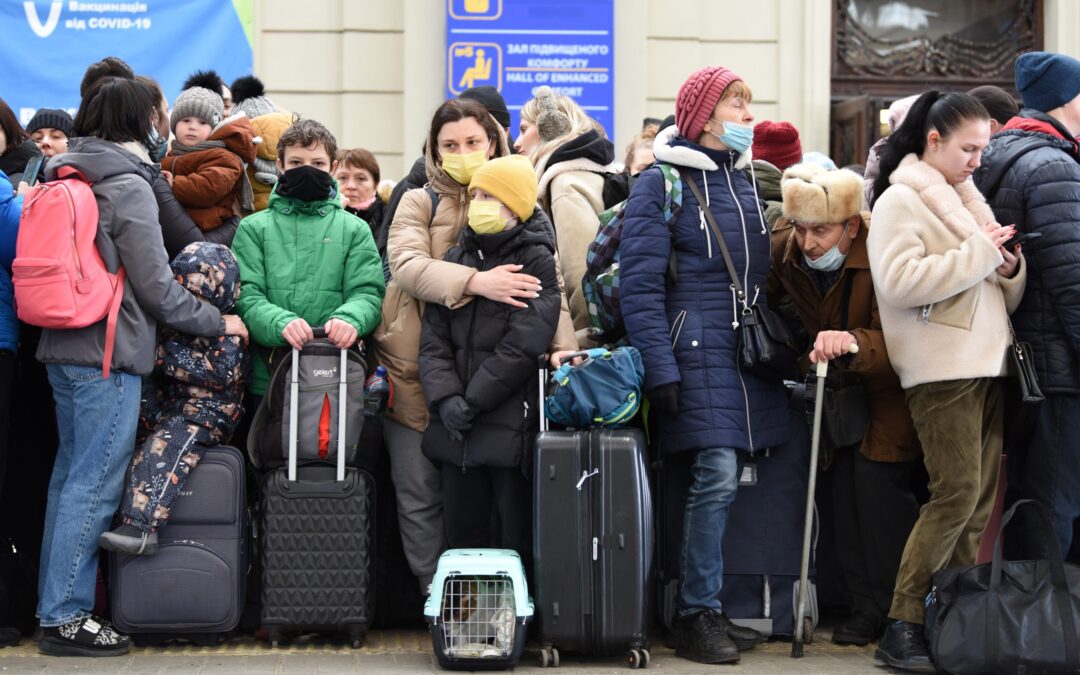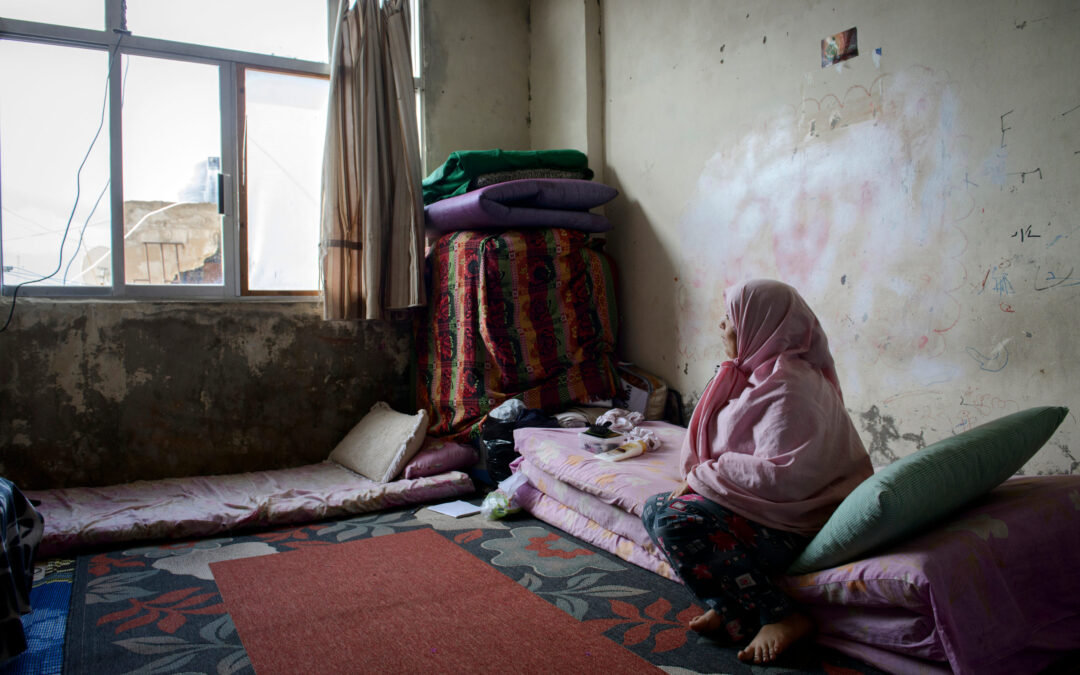
Sep 9, 2021 | News
The Lebanese authorities must immediately release the six Syrian men recently arrested outside the Syrian embassy in Beirut and desist from deporting them, the International Commission of Jurists (ICJ) said today.
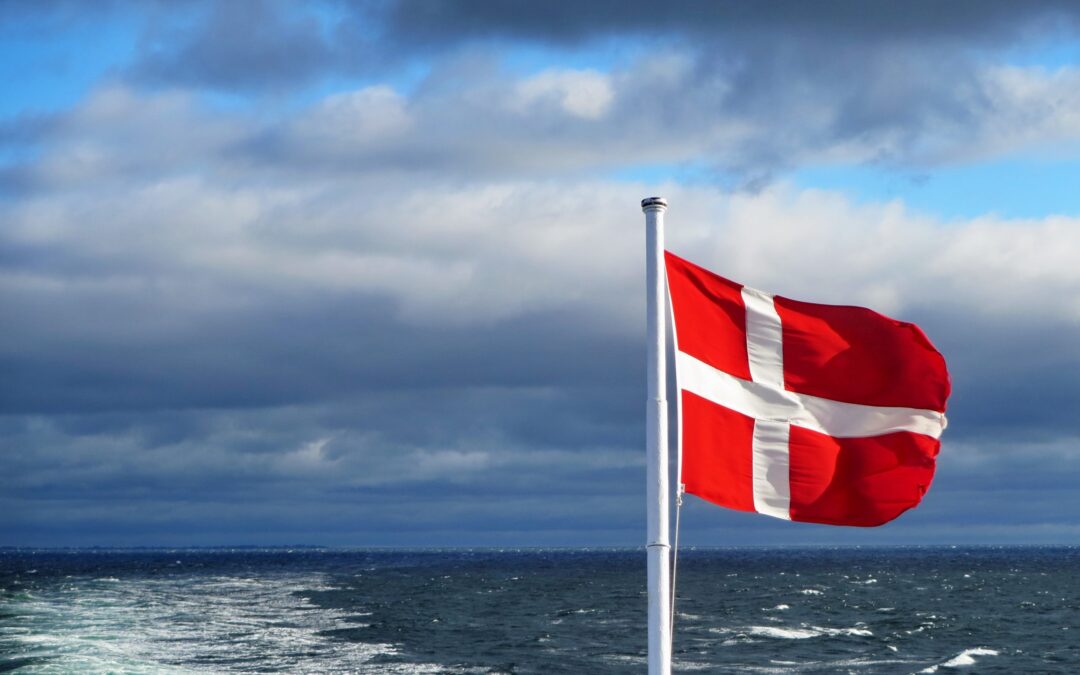
May 5, 2021 | News
The ICJ condemns the Danish authorities’ practice of revoking residence permits of Syrian refugees, mainly women and older men, on the false premise that Syria is safe for refugees’ return. Partly due to a lack of diplomatic relations with Syria, Denmark cannot forcibly remove refugees and instead detains them.
These practices should end immediately, individual assessments must be carried out in each case, and those detained pending removal should be immediately released, the ICJ said.
“International law requires that before any forcible removal, an individualized assessment of risks for each individual must be made and the principle of non-refoulement must be respected at all times,” said Róisín Pillay, ICJ Europe and Central Asia Director.
The principle of non-refoulement, prohibiting States to transfer anyone to a country where he or she faces a real risk of persecution or other serious human rights abuses, is a fundamental principle of international law and one of the strongest limitations on the right of States to control entry into their territory and to expel aliens as an expression of their sovereignty, as set out in Article 33 of the Geneva Refugee Convention and Article 3 of the Convention against Torture.
“Immigration detention pending removal is permitted only for as long as removal proceedings are in progress, and only if such proceedings are executed with due diligence and there is a realistic prospect that removal will be carried out within a reasonable time. Denmark’s practices fail to meet these standards as set out in international and EU law,” Pillay added.
At least 189 Syrians have had applications for renewal of temporary residency status denied since last summer, a move the Danish authorities said was justified because of a report that found the security situation in some parts of Syria had “improved significantly”. In March, ECRE and the Danish Refugee Council reported that the geographical scope of reassessments of cases of Syrian nationals has been expanded to include cases from greater Damascus with hundreds of cases set to be reassessed by the Appeals Board in 2021.
“The ‘improved situation’ assessment in Syria does not reflect the reality on the ground and runs counter to assessments of the UN, the European Parliament and other countries,” said Róisín Pillay.
On 11 March, the European Parliament adopted a resolution on the conflict in Syria which “(r)eminds all Member States that Syria is not a safe country to return” for refugees, and “calls on all EU Member States to refrain from shifting national policies towards depriving certain categories of Syrians of their protected status, and to reverse this trend if they have already applied such policies.” The EP also opposed any “normalization of diplomatic relations with the Syrian regime as long as there is no fundamental progress on the ground in Syria, with clear, sustained and credible engagement in an inclusive political process.”
The UNHCR considers that “changes in the objective circumstances in Syria, including relative security improvements in parts of the territory, are not of a fundamental, stable and durable character so as to warrant cessation of refugee status on the basis of Article 1C(5) of the 1951 Convention.” Furthermore, “in light of continued conflict, insecurity, and contamination with explosive remnants of war (ERW); severe concerns about the rule of law and widespread human rights violations and abuses, including against returnees; fragmented community relations and a lack of genuine reconciliation efforts; massive destruction and damage to homes, critical infrastructure and agricultural lands; and deepening economic and humanitarian crises, which are compounded by the COVID-19 pandemic, UNHCR continues to call on states not to forcibly return Syrian nationals and former habitual residents of Syria, including Palestinians previously residing in Syria, to any part of Syria, regardless of whether the area is under control of the Government or under control of another state or non-state entity. ”
“The Danish authorities’ assessment of the situation in Syria refers solely to the situation of wide-spread violence and bombing in some parts of Syria, in total disregard of the continuing hostilities in other parts of the country, as well as Syria’s abysmal human rights record, including widespread and systematic use of torture and other ill-treatment, arbitrary detention and enforced disappearances,” said Said Benarbia, ICJ MENA Director.
Read the full statement here.
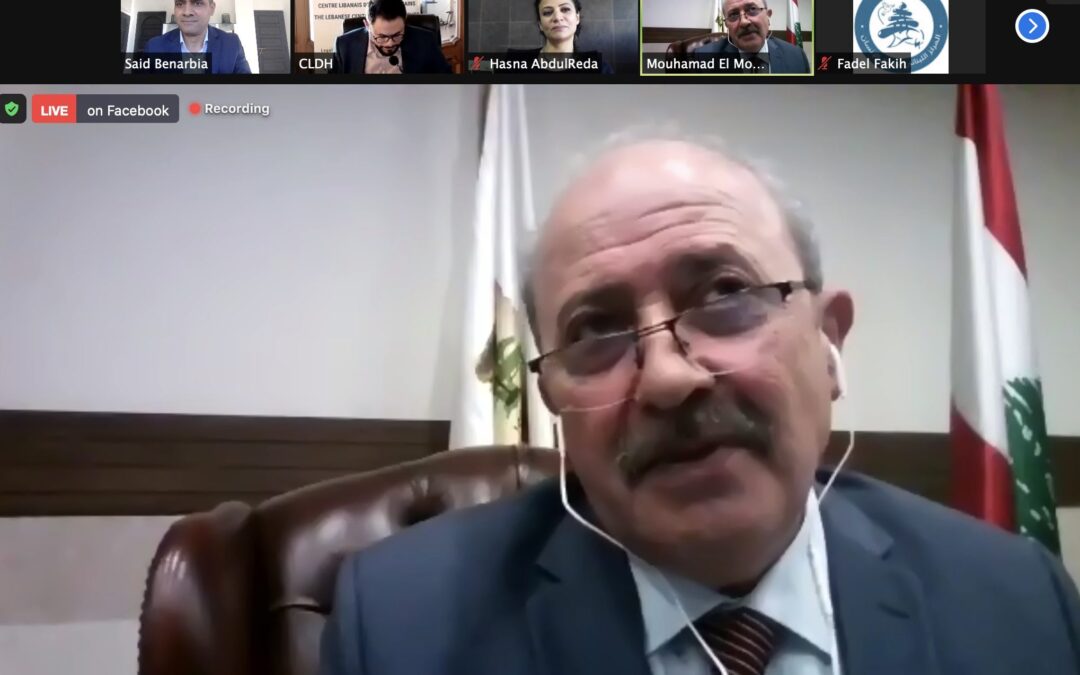
Dec 21, 2020 | News
Today, the Lebanese Center for Human Rights (CLDH) and the ICJ held a joint webinar on migrants and refugees in Lebanon. The organizations addressed the situation of migrant workers and refugees including their legal and social status and the violations to which they are exposed.
The ICJ and CLDH called on the Lebanese authorities to adopt and enforce just, fair and effective legal and policy frameworks to address the entry and stay of refugees and migrants in Lebanon, and ensure the protection of their human rights in full compliance with Lebanon’s obligations under international law, particularly their non-refoulement obligations.
The ICJ launched its recent report Unrecognized and Unprotected: The Treatment of Refugees and Migrants in Lebanon, which undertakes an assessment of the Lebanese legal framework governing the treatment of migrants and refugees in the country, including their entry and stay.
The report concludes that the legal and policy gaps, together with the executive’s excessive and unchecked powers in shaping and implementing migration-related policies, have led to serious violations to refugees’ and migrants’ human rights in Lebanon.
The ICJ presented the findings and key recommendations of its report, which included urging the Lebanese government to ensure that no individual is transferred to a country where he or she faces a real risk of persecution or other forms of serious harm, such as torture or other cruel, inhuman or degrading treatment or punishment.
Procedural obstacles preventing migrant workers and refugees from accessing justice, such as lacking residency papers, were examined by CLDH.
The webinar, facilitated by CLDH’s Executive Director Fadel Fakih, commenced with opening remarks from Said Benarbia, Director of the ICJ’s Middle East and North Africa Programme, and Wadih Al-Asmar, President of CLDH. Attendees included civil society, lawyers, and members of the Lebanese Bar association.
Underscoring that Lebanon is obligated to protect the rights of refugees and asylum seekers despite not being a State party to the 1951 Refugee Convention, as these rights are guaranteed by other international conventions ratified by Lebanon including the International Covenant on Civil and Political Rights (ICCPR) and the UN Convention against Torture and other Cruel, Inhuman and Degrading Treatment or Punishment (UNCAT), Al-Asmar called on the Lebanese State to abandon its repressive security approach towards refugee populations, and to abolish the exploitative Kafala sponsorship system.
Benarbia addressed how normative gaps, together with restrictive provisions of the 1962 Law of Entry and Exit, including those criminalizing “irregular entry,” undermine the right of refugees to an individual examination of their asylum claim, their right to liberty and security of person, and their right to an effective legal remedy for human rights violations.
He pointed out that laws and policies impacting on migrants and refugees should be adopted and implemented by legally constituted civilian authorities, subject to legislative oversight and judicial review.
CLDH members Hasna Abdul Reda and Rabih Keyrouz focused on the obstacles that continue to impede migrant workers and refugees from accessing justice in Lebanon. CLDH Programme Manager, Josiane Noun, presented CLDH’s Legal Aid Programme and support services that the organization has made available to migrant workers and refugees.
Kouakou Adjo Delphine, representing the Alliance of Migrant Domestic Workers in Lebanon, discussed the challenges domestic migrants face in accessing justice for human rights violations.
The conference concluded with an open discussion between panelists and participants where possible solutions to enhance the protection afforded to migrant workers and refugees in Lebanon were discussed.
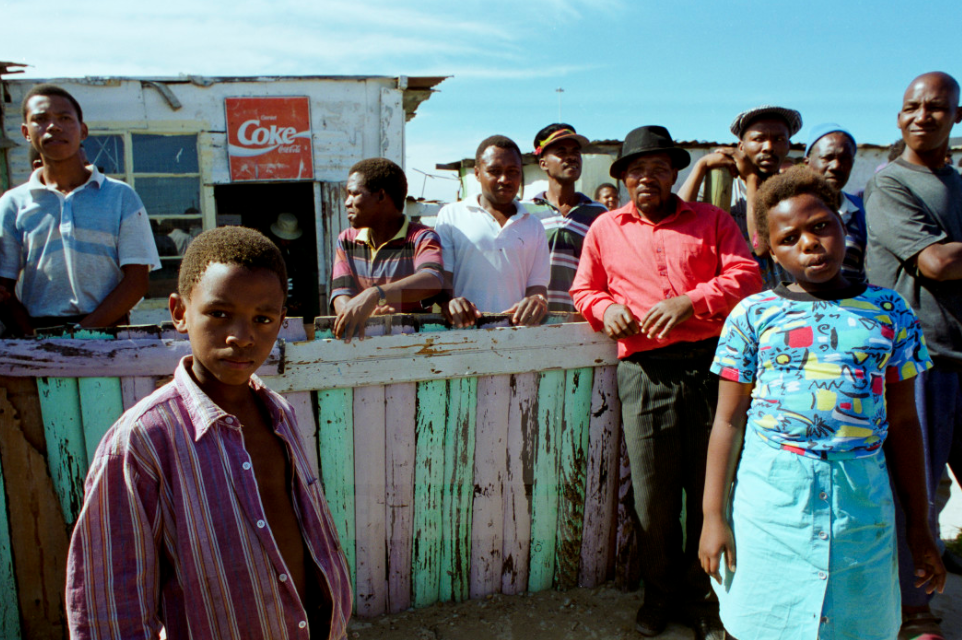
Oct 30, 2020 | Advocacy, Non-legal submissions
The Gauteng Township Economic Development Bill aims to promote local economic development in designated townships by creating and facilitating the creation of viable township businesses. The Bill establishes a Development Fund whose economic benefits and incentives are strictly reserved for citizens and permanent residents only.
The Bill would prohibit most non-citizens from large swathes of economic activity.
“This would include documented non-citizens like asylum seekers and refugees most of whom are not eligible for social assistance. It might prevent many non-citizens from making a living and could leave many destitute and homeless,” the ICJ Africa Director Kaajal Ramjathan-Keogh said.
“The Bill might also fuel existing xenophobic sentiment and could result in recurrences of xenophobic violence. Courts in South Africa have repeatedly warned government officials and departments against conduct that risks perpetuating xenophobia.”
If this Bill were to be enacted, South Africa would fall short of its requirements under both national and international law.
The ICJ has thus submitted their comments to the Gauteng Provincial Government, which you can find below.
Watch the animation on this issue
